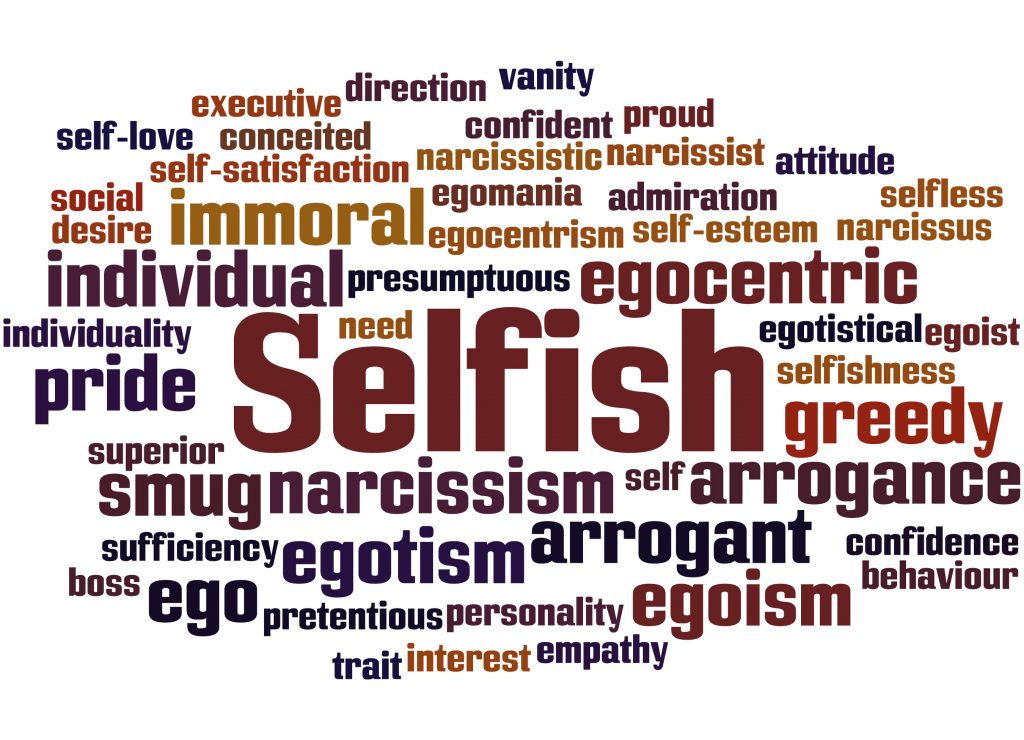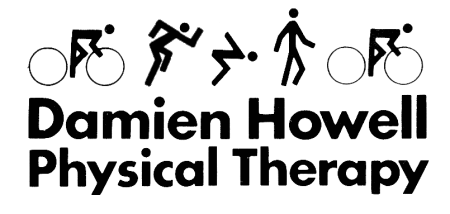Selfish Athlete Syndrome

Irish Runner and double Olympic medial winner Noel Carroll said “Runners may make better lovers but sometimes (there’re) lousy spouses”.
Exercising for health is different from training for a marathon, Ironman Triathlon, or double-century bike ride. Exercising for health requires 3 hours a week. Training for competitive sports can require 14 plus hours a week. When not training the, athlete often spends time reviewing the last training session, or mentally preparing for the next.
Creative energy is usually reserved for the sport, not household chores. When attention to family activities is sacrificed, this can create problems, particularly when the spouse is not involved in the sport. Sometimes running can provide a coping mechanism for marital problems. It also can precipitate marital problems. I have observed many athletes go through divorces.
Striving for a personal record in competitive athletics requires self-sacrifice. This is true for the recreational athlete as well as the professional athlete. The selfish athlete syndrome can be more acute for those who have family commitments and lack a champion talent.
Training for competitive athletics can be rewarding, but care must be taken to avoid the selfish athlete syndrome. An appropriate balance among work, family and training needs to be developed.
The individual suffering with the “Selfish Athlete Syndrome” is the individual who is successful in athletic endeavors and has failing family relationships. Life is out of balance.
The following suggestions might help bring about the balance. Recognize that self sacrifice can lead to self centered and potential problem.
Limit serious heavy training to a specific period during a particular year or a few months a year. Involve your spouse in establishing athletic goals.
Avoid scheduling training sessions when your family expects your attention, such as the first hour your return home from work. Avoid reading mail, emails, particularly sports magazines during this time.
Look after chores. Leaving them undone or procrastinating provides your spouse with reminders of his or her status as an athlete’s widow or widower.
Compete in races that have family activities associated with them, such as art festivals, picnics, and events for children.
Do weekend chores immediately after returning from long training sessions. Invariably energy to perform physical chores is low or non-existent tow to three hours after a long training session.
Try to avoid complaining of being overtired and don’t always insist on going home early on evenings out.
If you perceive yourself as an athletic widow or widower diplomatically sharing these tips with your spouse might be beneficial.
Note sports medicine physician Tim Noakes MD coined the term “Selfish Athlete Syndrome”, and most of the above concepts can be attributed to his recommendation.
A Selfish Athlete Syndrome is not a diagnosis I as a Physical Therapist is qualified to treat. If you recognize there is a potential problem consider seeking help from a qualified mental health therapist.
Damien Howell Physical Therapy – 804-647-9499 – Fax: 866-879-8591 At-Home, At Office, At Fitness Facility – I come to you, I do home visits Damien@damienhowellpt.com
